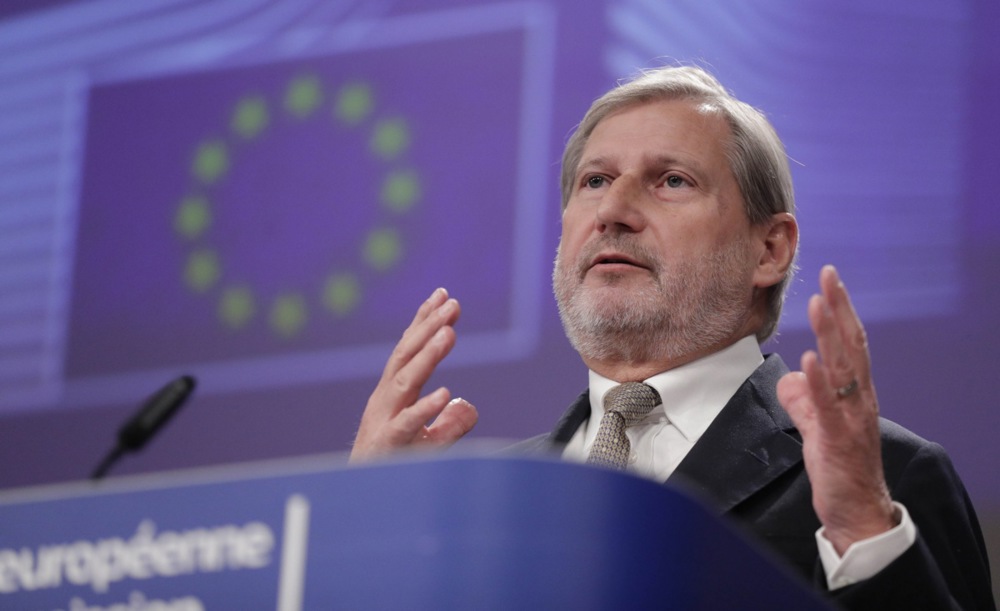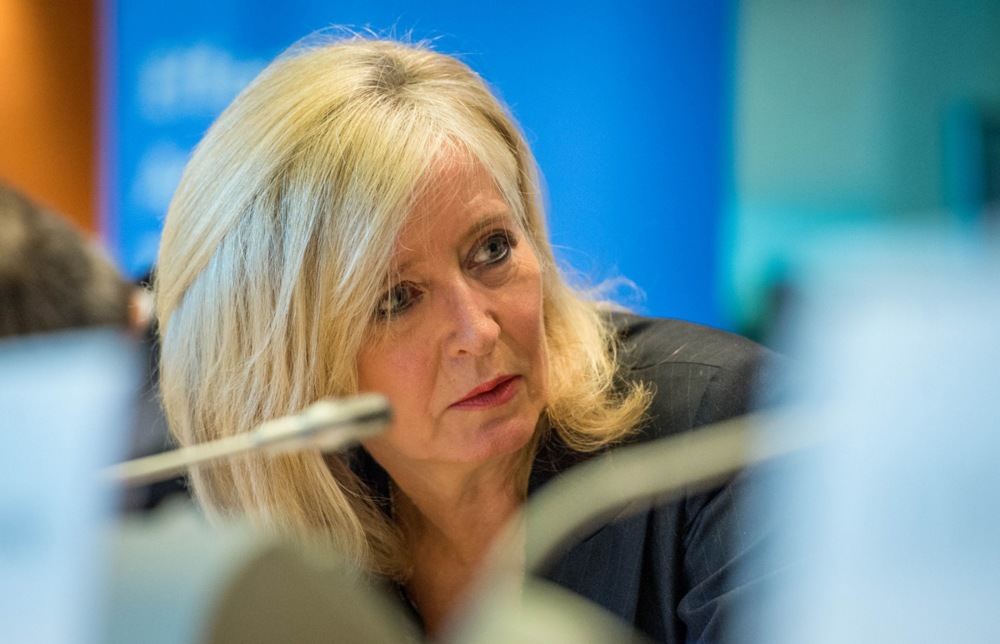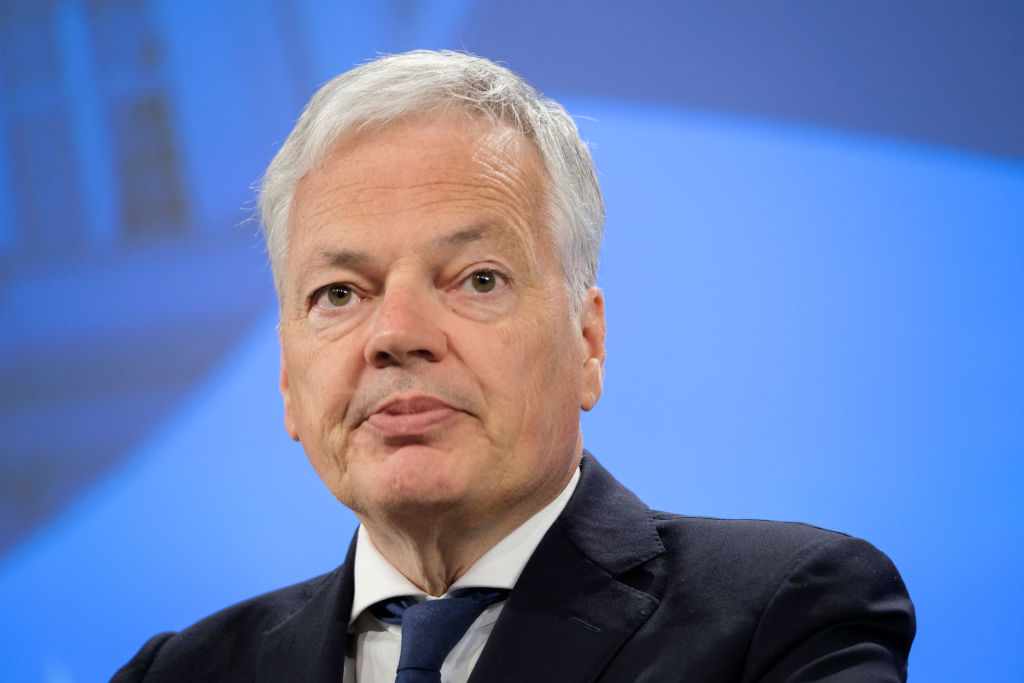The European Commission has left a bad taste in the mouths of vintners after publicly insisting it has not botched the implementation of new European Union wine-labelling rules.
That comes after an MEP accused the body of making a last-minute adjustment to the standards, resulting in winemakers having to remove and replace labels on their bottles.
Writing to the EC, Identity and Democracy group politician Elena Lizzi noted that, in the wake of the initial announcement of the labelling rule changes, many winemakers began placing new “e-labels” on their bottles.
These often consist of a QR code, with the ISO symbol 2760 – a letter ‘i’ in a circle – indicating that it contains more detailed information on the wine and its ingredients.
A later clarification published by the EC stated that such labels would not be acceptable and only ones that spell out the word “ingredients” near the QR code could be used.
“Is the Commission aware that the millions of labels already printed will have to be destroyed, imposing a burden on the wine sector and causing environmental damage?” Lizzi asked.
The MEP also queried whether an exemption for labels already printed could be put into effect to reduce the impact on winemakers.
Responding, Commissioner for Agriculture Janusz Wojciechowski rejected the suggestion that the body had in any way dropped the wine industry in it.
According to the official, the guidance document at the centre of the controversy had been actively requested by the industry.
“The content of such a document was well known by the representatives of the sector well in advance of its publication,” the Polish EC politician insisted.
The European Commission has effectively ducked tough questions on further European Union measures against Hamas. https://t.co/sms1eYVAlo
— Brussels Signal (@brusselssignal) January 3, 2024
Wojciechowski also played down concern that the new rules could lead to environmental waste, saying that not all bottles of wine sold after the implementation of the new rules, on December 8, 2023, had to follow them.
He noted that wine produced and bottled before the date in question would not fall under the new rules and would only have to remain compliant with previous regulations to be sold within the bloc.
This appears to be of little consolation to those in the industry, with the professional EU industry body Comité Européen des Entreprises Vins (CEEV) insisting that the last-minute change would result in the destruction of “several hundred million labels”.
The organisation’s president, Mauricio González Gordon, said: “We cannot accept a new interpretation, published 14 days before the date of application, that will imply, on the one hand, the destruction of hundreds of millions of labels already printed and, on the other, our incapacity to print new labels in time to comply with the new regulation deadline.”
Neil Dyas, a senior employee at UK importer Bibendum Wine, also predicted the EC’s adjustment would cause chaos.
“This has the potential to be a significant headache for suppliers due to the late notice of this decision with many labels already having been printed,” he said.
“Many suppliers are hoping that the EU Member States that are enforcing this rule are adopting a pragmatic approach and to allow time to exhaust pre-printed labelling stocks.”
Octopus species are not protected under animal welfare rights in European Union law, the European Commission has confirmed. https://t.co/TBWZpNa531
— Brussels Signal (@brusselssignal) December 6, 2023





